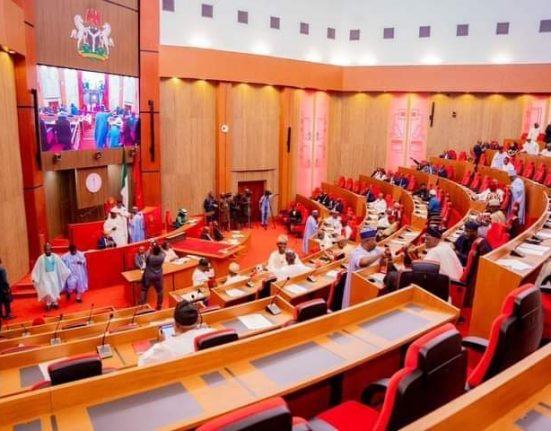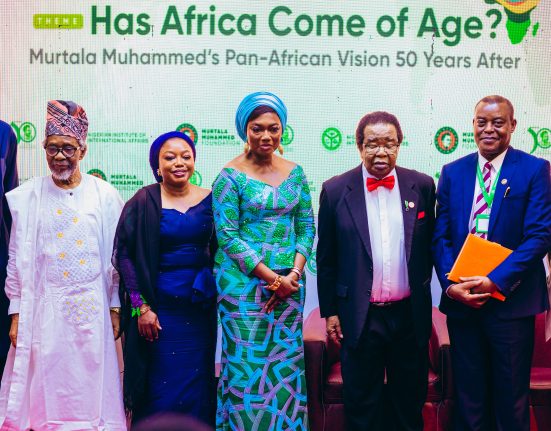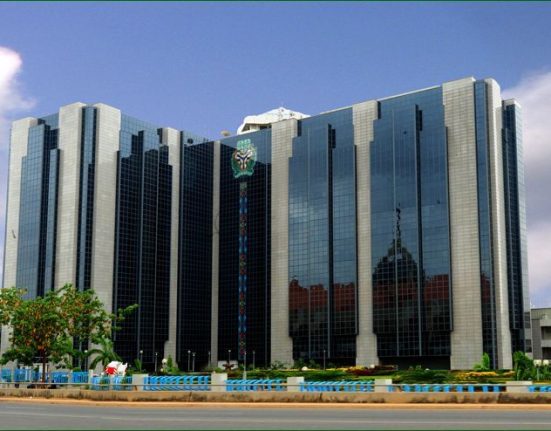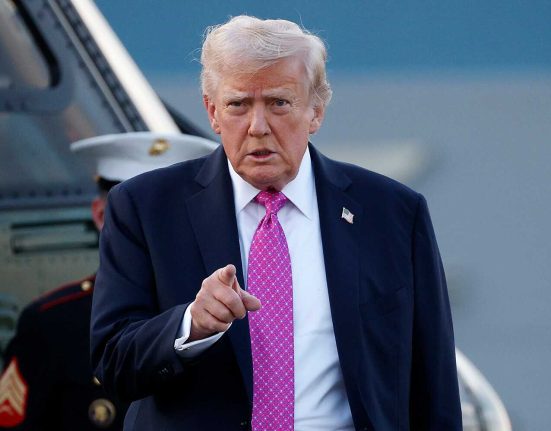No chapter in the grand story of economic transformation is written without discomfort. From India’s liberalisation in 1991 to Brazil’s stabilisation efforts in the 1990s and Indonesia’s post-crisis reforms, the pattern is clear: structural change demands short-term sacrifice for long-term prosperity.
Nigeria, today, is deep into its own chapter, two years into a set of reforms that continue to redefine the contours of its economy. Since taking office, the Tinubu administration has advanced one of the most ambitious and controversial economic reform agendas the country has seen in decades. The petrol subsidy is gone. The currency has been floated. Multiple exchange rates have been unified. Fiscal discipline is back on the table. Inflation is high, household incomes are stretched, and frustration is palpable. But beneath the strain lies the scaffolding of something more enduring: the foundation of a new economic order.
The Tinubu government is unbundling a distorted system, however imperfectly. For too long, Nigeria’s economy operated within a model designed to preserve short-term political calm at the expense of structural growth. Subsidies rewarded consumption over productivity. Currency controls bred inefficiency and speculation. Public sector dominance stifled innovation. Oil wealth often delayed the urgency of reform.
That system is being dismantled not just administratively, but philosophically.
The removal of the petrol subsidy, while politically risky, was economically necessary. It ended a regime that consumed trillions of naira annually, encouraged smuggling, and offered minimal benefit to the poor it claimed to protect. The immediate effects were painful: transport costs surged, inflation climbed, and public trust wavered. But the move created fiscal space for investments in infrastructure, social services, and growth sectors long starved of funding. The question is not whether the pain is real; it is. The question is whether it is purposeful. And increasingly, the answer appears to be yes.
Currency reform followed. For years, Nigeria’s multiple exchange rates created a bifurcated economy — one in which access to foreign exchange, not productivity, determined profitability. By allowing the Naira to float, the government embraced transparency, even volatility, in pursuit of long-term efficiency. Investors now operate in a clearer market, even if prices are steeper. Exporters have renewed incentive to compete. And a single exchange rate opens the door to new forms of capital mobilisation, particularly in manufacturing and value-added sectors.
These reforms are not just fiscal or monetary, they are directional. They signal that Nigeria is ready to pivot from a rentier economy to a productive one. They are also activating profitability clusters, sectors that were once considered unviable due to policy distortions. Agro-processing, energy transition, logistics, the digital economy, light manufacturing, and housing are now being viewed through a new lens, not just as social goods, but as investable growth drivers.
Yet, the most profound change is ideological. The government has begun to embrace a leaner, more enabling role: not as the provider of jobs and subsidies but as the architect of a rules-based market system. That shift is long overdue. It encourages competition, rewards innovation, and creates space for the private sector—both Nigerian and foreign—to re-engage with the economy on more credible terms.
Still, none of this will matter without social cushioning. The pain of reform, if left unmanaged, can breed backlash and reversals. The administration must scale up targeted support, not in the form of populist giveaways, but as smart, impact-focused interventions: direct cash transfers, small business support, conditional education and health programmes, and labour-intensive public works. The poor cannot be spectators to reform; they must be part of its design.
Two years in, the direction is becoming clear. If Nigeria holds its course, deepening reforms, strengthening institutions, investing in human capital, and delivering results at the subnational level, the benefits could be transformative. A diversified economy, a stronger middle class, a competitive export base, and millions of young Nigerians equipped to power the Fourth Industrial Revolution, not just watch it.
Of course, none of this is guaranteed. Reform momentum can stall, political will can fade, and institutional weaknesses remain formidable. But the foundation has been laid.
The Tinubu administration has made a high-stakes bet on structural transformation. The costs are visible. But if sustained, so too will be the gains, for a generation yet to understand how close their future is to being unshackled fully.
By Adedeji Adewumi








